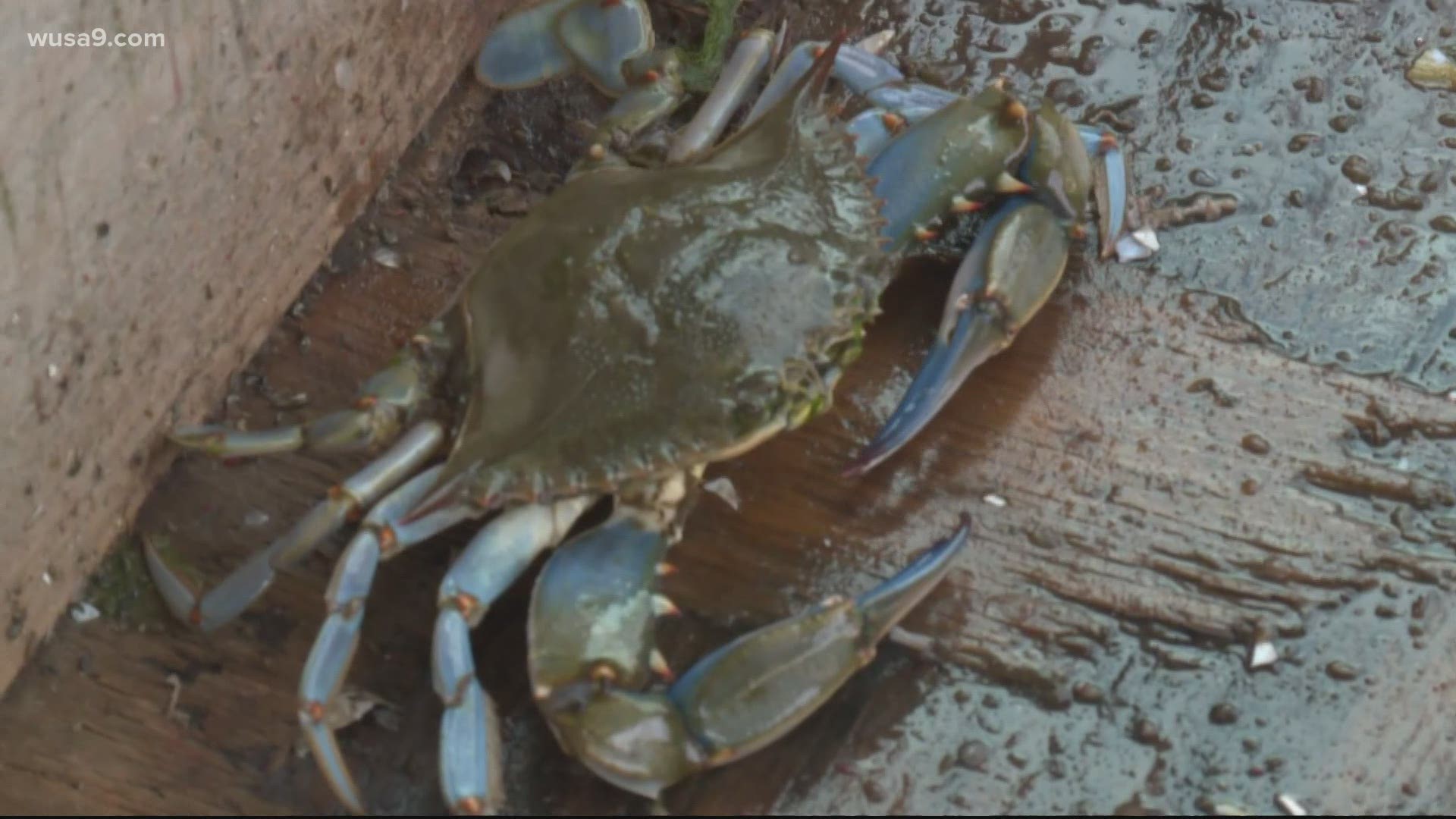WASHINGTON — Researchers say the Chesapeake Bay likely will have a smaller than average oxygen dead zone this summer.
The Daily Press reported Tuesday that this looks to be second year in row when the bay’s areas of low or no oxygen are lower than recent averages.
One explanation is that river flows into the bay are smaller than average because of lower rainfall in the first several months of the year. But another reason is efforts to reduce the amounts of nitrogen, phosphorous and sediment that those rivers carry from farms and cities into the bay.
Nitrogen and phosphorous feed the algae blooms that consume oxygen in the water. Sediment clouds water and kills off the aquatic plants.
RELATED: Future of Chesapeake Bay should be 'reimagined' with climate change in mind, scientist reports
Sign up for the Get Up DC newsletter: Your forecast. Your commute. Your news.
Sign up for the Capitol Breach email newsletter, delivering the latest breaking news and a roundup of the investigation into the Capitol Riots on January 6, 2021.

